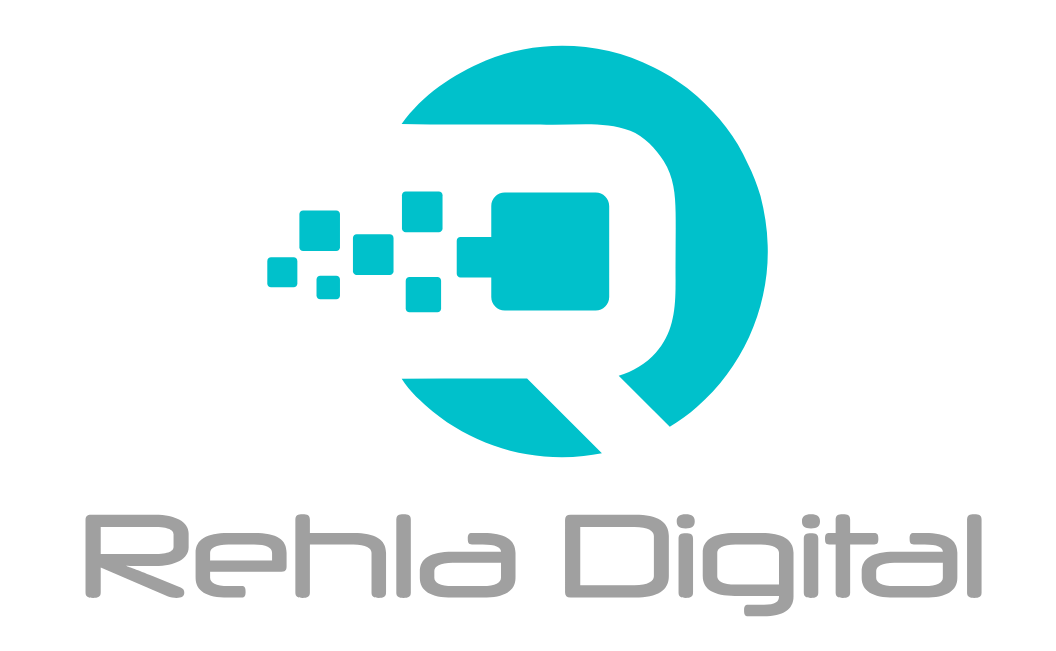The Role of AI in Digital Marketing
In recent years, artificial intelligence (AI) has profoundly transformed various industries, including digital marketing. By enhancing efficiency, personalizing customer experiences, and providing valuable insights, AI is revolutionizing the way businesses engage with their audiences.
AI empowers businesses to analyze extensive datasets to comprehend customer preferences and behaviors, enabling precise audience segmentation and personalized content delivery. Predictive analytics driven by AI algorithms forecast customer behavior based on past interactions, allowing for tailored marketing campaigns. Additionally, dynamic content personalization ensures websites and emails are relevant to each individual visitor, enhancing engagement and marketing effectiveness.
AI-powered tools significantly enhance customer experience by leveraging automation and intelligent interactions. Chatbots, as AI-driven assistants, provide instant support, addressing common queries and guiding customers through the sales process 24/7, thus improving satisfaction. Additionally, with the rise of voice activated devices, AI aids marketers in optimizing content for voice search, making it easier for customers to quickly find the information they need.

One of AI’s most significant contributions to digital marketing is its ability to analyze large datasets. Through sentiment analysis, AI can evaluate social media posts, reviews, and comments to gauge public sentiment regarding a brand, product, or campaign. This enables companies to adjust their strategies effectively.
AI is revolutionizing content marketing with advanced automation and curation capabilities. Automated writing tools, such as GPT-3, efficiently produce blog posts, social media updates, and product descriptions, thereby optimizing time and resource allocation. Additionally, AI-driven content recommendations enhance user engagement by personalizing content based on individual browsing histories and preferences.
AI significantly enhances advertising strategies by refining targeting and optimizing ad expenditure. Through programmatic advertising, AI algorithms analyze real time data to purchase ad space with greater precision, ensuring ads reach the appropriate audience at the optimal moment. Additionally, AI tools dynamically adjust bids and allocate budgets based on campaign performance, thereby maximizing return on investment.

Artificial Intelligence can greatly enhance email marketing strategies through several key methods. Predictive sending leverages user behavior data to identify optimal timing for email dispatches, thereby boosting open and click-through rates. Additionally, AI can evaluate the efficacy of different subject lines, enabling marketers to select the most engaging options for improved audience interaction.
AI significantly enhances search engine optimization (SEO) through several key functions. It facilitates keyword analysis by identifying trending keywords and topics, enabling the creation of relevant content that boosts organic search visibility. Additionally, AI contributes to content optimization by analyzing high performing content and recommending improvements, ensuring alignment with search engine algorithms and improving overall rankings.
In conclusion, AI is fundamentally transforming the digital marketing landscape, equipping businesses with essential tools for success in a competitive market. Leveraging AI enables marketers to offer personalized experiences, obtain critical insights, and refine strategies for improved outcomes. As technology advances, businesses that integrate AI into their marketing efforts will be better positioned to address audience demands and achieve greater success.
-written by Aathil Ahamed

